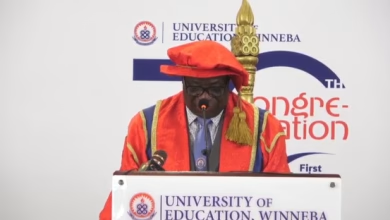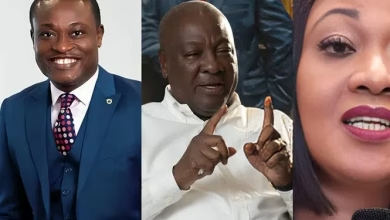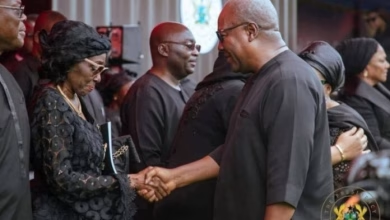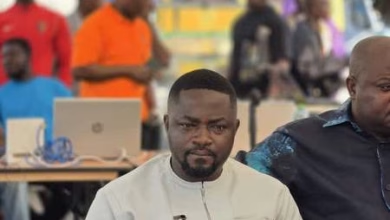Playful Learning Pays Off: Ghana Sees Positive Results With Play-Based Education

- Ghana's Deputy Minister of Education, Reverend John Ntim Fordjour, announced encouraging improvements in learning outcomes at the primary level.
- The Ministry of Education is actively moving away from traditional teaching styles.
- Madam Mukakalisa commended Ghana's efforts in developing children's competencies
Ghana’s Deputy Minister of Education, Reverend John Ntim Fordjour, announced encouraging improvements in learning outcomes at the primary level. This progress is attributed to government initiatives, including a collaboration with Right To Play, a non-profit organization.
National Assessments Show Dramatic Improvement
The introduction of a standardized test revealed a significant rise in reading proficiency. Compared to just 2% in 2015, a remarkable 38% of grade two students can now read effectively.
Investing in Play-Based Learning
This success stems from the “Partners in Play” project, which incorporates play-based learning approaches into the curriculum and teaching methods. Launched in 2019, the project aims to enhance the quality of education for children aged 4 to 12.
Government Embraces Change
The Ministry of Education is actively moving away from traditional teaching styles. Reverend Fordjour emphasized the government’s commitment to evidence-based approaches like play-based learning and creative pedagogies.
Positive Impacts Observed
The project has yielded positive results even at its midpoint. These include:
- Improved foundational literacy skills
- Increased student enrollment
- Enhanced motivation to learn
- Stronger student-teacher relationships
- Safe and inclusive learning environments
Scaling Up the Success
The Ministry is impressed by how play-based learning benefits students. They plan to consolidate these effective approaches and seek funding to expand these interventions nationwide.
Right To Play’s Contribution
Madam Josephine Mukakalisa, Right To Play’s Country Director, highlighted their contributions. They provided technical expertise to integrate play-based learning into the curriculum and trained over 4,000 teachers since 2018. This included online support during COVID-19 school closures.
Impressive Reading Gains
The project has had a tangible impact on reading fluency. By the end of primary school, students’ average reading speed in English has increased from 18 words per minute to 69 words per minute.
Ghana Leading the Way
Madam Mukakalisa commended Ghana’s efforts in developing children’s competencies. Play-based pedagogy, she believes, unlocks a world of possibilities for Ghanaian students.






